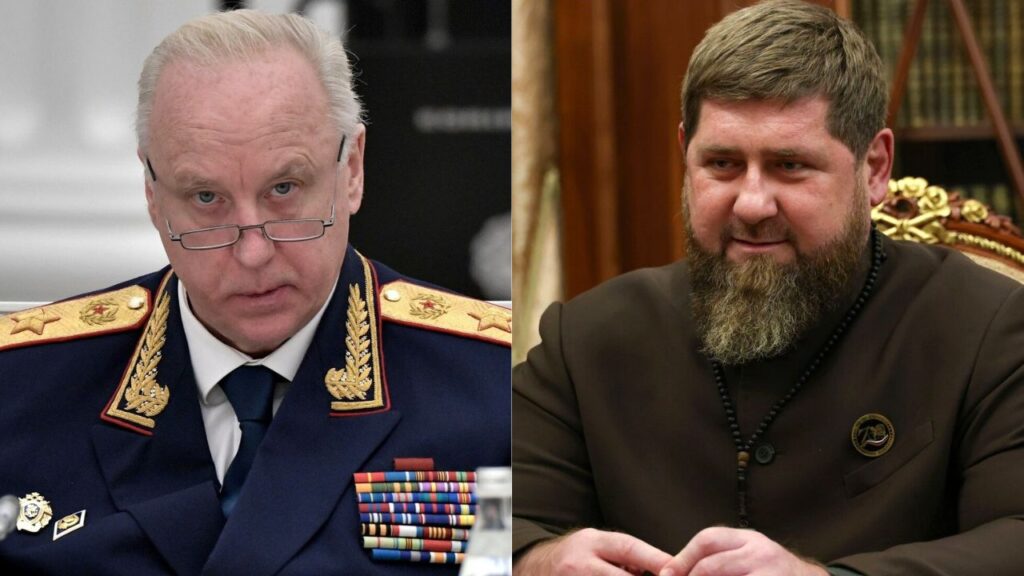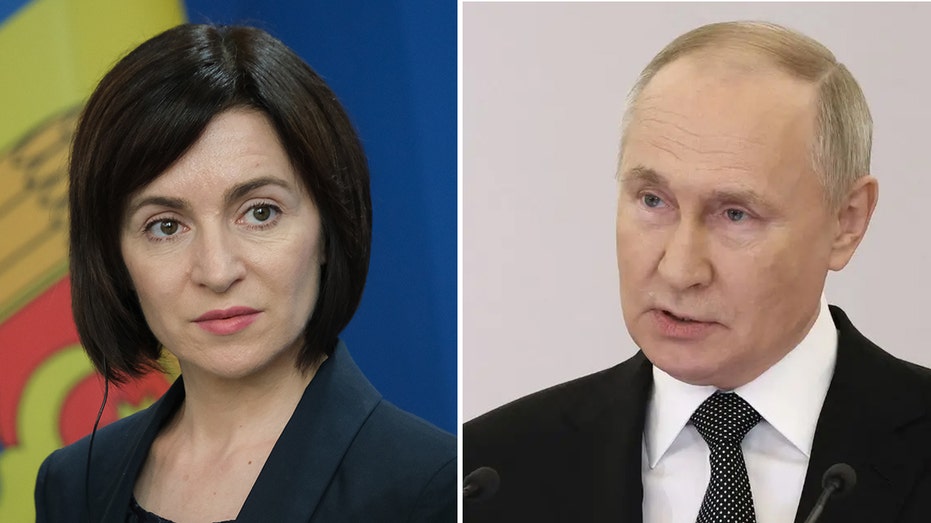ISW: Ethnic and religious tensions rise in Russia after Russian official criticises “islamic terrorism”
The 23 June terrorist attacks in Dagestan reignited discussions about Russia's migration policies, with Russian ultranationalists calling for stricter measures in dealing with “Islamic terrorism” while others, including Chechen leader Ramzan Kadyrov, warn against Islamophobia.


Russian ultranationalists continue to express growing doubt in Russian authorities’ ability to prevent another terrorist attack and further inflame ethnic and religious tension in the country, according to the Institute for the Study of War (ISW)
Russian Investigative Committee Head Alexander Bastrykin claimed on 29 June that Islamic terrorists were “able to carry their banner of terror” into Russia and called for the State Duma to respond to the threat, following the 23 June terrorist attack in the Republic of Dagestan, that killed 20 people.
However, Bastrykin’s comments prompted backlash from Chechen Republic Head Ramzan Kadyrov, who urged Russian officials to choose their words carefully and avoid characterizing all Muslims as terrorists, warning that such statements threaten the unity and stability of Russia’s socio-political situation.
“I emphasize once again that Muslims have not committed and are not committing terrorist acts. I really hope that Alexander Bastrykin will no longer compare Islam with terrorism,” Kadyrov wrote on Telegram.
The ISW notes that Bastrykin positioned himself as a prominent figure in Russia’s ultranationalist movement, placing himself at odds with Kadyrov, who often presents himself as a representative of Russia’s Muslim minority.
Russian President Vladimir Putin may weigh in on the debate between Bastrykin and Kadyrov to quell concerns and prevent a possible future conflict between the two officials, according to ISW.
Earlier Putin sought to address concerns within the Russian information space about the perceived threat posed by migrant and Muslim communities, following the 22 March Crocus City Hall attack, that killed over a hundred people. He did so by calling for changes to Russia’s migration policy, while at the same time denouncing Islamophobia and xenophobia.
Despite evidence linking the attack to ISIS-K, Russia blamed Ukraine, using the incident to justify escalating its aggression against Ukraine.
Related:
- US Senator Graham calls for Russia to be designated as state sponsor of terrorism
- OSCE Parliamentary Assembly calls Russia state sponsor of terrorism
- US weighing a terrorism label for Putin ally Prigozhin’s Wagner Group mercenaries – Bloomberg sources
- Kadyrov’s Way: Chechen militants reward schoolkids with Mars sweets for aiding Ukraine war
- Ichkeria’s gov’t in exile considering creating special tribunal for Kadyrov, his Akhmat unit



